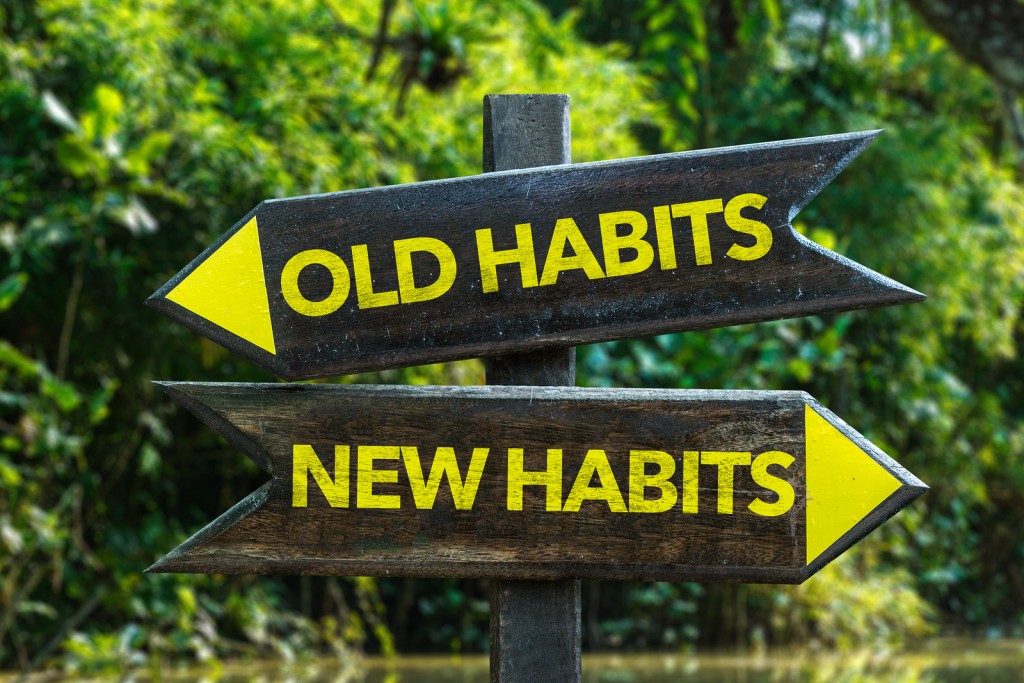
Admitting that you are struggling with an addiction is one of the hardest things a person may need to do in their life. Not only is the topic of addiction one of many negative connotations, but it is also often emotional, confusing and downright hard.
Admitting to yourself that you’re struggling is hard enough — admitting to a loved one what is going on may prove to be even more difficult. But talking to a loved one — be it a sibling, parent, friend or significant other — can make a huge, positive difference in your recovery process. For this reason, it’s important to know how and when to speak to your loved one so they can help you through the recovery journey.
How do I talk to my loved one about addiction?
Truthfully, it doesn’t matter if you are the one battling addiction, or if it’s your loved one that is struggling: bringing up the topic is tough. However, once the initial conversation is started, you may find the discussion flows easier than anticipated.
To keep things as peaceful as possible, with emotions as minimal as possible, there are a few tools you can use to appropriately navigate the conversation.
Honesty and trust
Recovery not only requires honesty from yourself but honesty with others. Honesty is key when having a conversation about addiction. Hiding details, lying and withholding information can prove to be more detrimental if they surface later. Doubt and betrayal could develop if found you are lying or withholding important information that family and loved ones should be aware of.
Being honest with your loved ones about your addiction helps build trust as you are confiding in them about your addiction. This will allow your family and loved ones to understand what you are struggling with and how they can help you during recovery.
Plus, you’ll feel a lot better yourself. When much of your life is defined by lies or hiding the truth, you will start to feel burdened and heavy. Relinquishing those lies and bringing everything to light will offer a unique sense of freedom that will buoy you through recovery.
Timing and location
Choose a time and location that is appropriate for this conversation. This should be a private place where you and your loved ones can speak without any interruptions. You don’t want any distractions to prevent everyone involved not getting their turn to speak and expressing their feelings. And don’t rush this conversation minutes before another engagement as you’ll want to plan on discussing this for a couple of hours.
Make sure your loved one is in the right headspace as well — if you notice they’re having a hard day or seem particularly emotional, it might not be the right time to bring up the conversation. Plan a time when both of you are available so as not to catch them completely off guard.
 What to share, and how much
What to share, and how much
Plan on what you want, and how much you want, to say. Sharing basic information in the first conversation about your addiction is ideal so you don’t overwhelm them. Write down your thoughts in a letter or make a list of talking points to help you process how and what you want to say. Also, put yourself in their shoes and think about what types of questions or concerns they may have.
Some important information that can be shared:
- What types of drugs or alcohol are you struggling with?
- How long have you been struggling with addiction?
- What are your triggers?
- Have you been arrested or committed any crimes because of it?
- Have you relapsed?
- Are you seeking help or planning on receiving treatment?
- What are your plans for getting help?
- What can your family or loved ones do to help you through this?
After you have shared this information, allow everyone time to speak and process the information. Give everyone an opportunity to talk, and make sure you are intentional in listening to what they have to say. Be respectful, patient and open to any positive or negative reactions that will follow.
This is a difficult conversation that can be overwhelming for some people. People might need time to digest and process all the information before they have a response. Remain positive for whatever reaction you face and remind yourself that whatever the outcome, it doesn’t reflect on yourself as a person. These are the first steps towards recovery and your path towards sobriety and healthier living.
Need a third party?
Sometimes conversations about addiction are best had with the mediation of a counselor. Figuring out how to talk about addiction is challenging, but utilizing the guidance of an addiction counselor can help prevent emotions from escalating or reactions from coming off too strong.
To get in touch with someone today, reach out to High Focus Centers. With addiction therapists at the ready, you and your family will be able to rebuild trust and have healthy conversations to promote recovery and healing overall. To learn more, contact us today online or by calling 800-877-3628.




